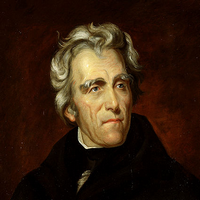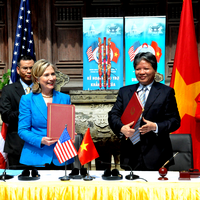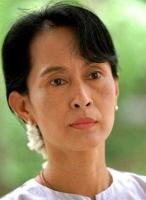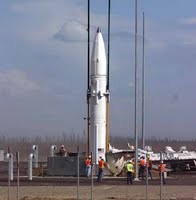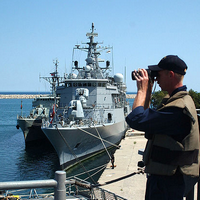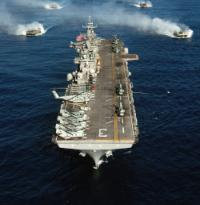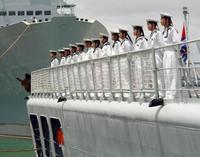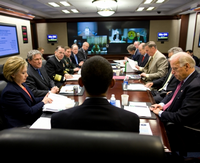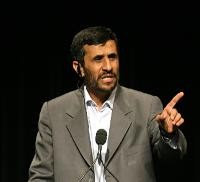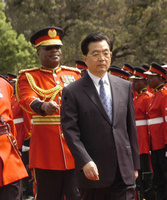
When Europe ran the world, trade followed the flag, meaning that globalization in its initial expression — otherwise known as colonialism — grew out of the barrel of a gun, to paraphrase Mao Zedong. On this subject, Franklin Roosevelt and Vladimir Lenin agreed, even if that conclusion led them to embrace diametrically opposed strategies: FDR’s realization that “the colonial system means war” drove him to erect an international liberal trade order following World War II that doomed the vast colonial systems of his closest European allies. Roosevelt’s success not only enabled America to contain and ultimately defeat the soul-crushing Soviet […]

